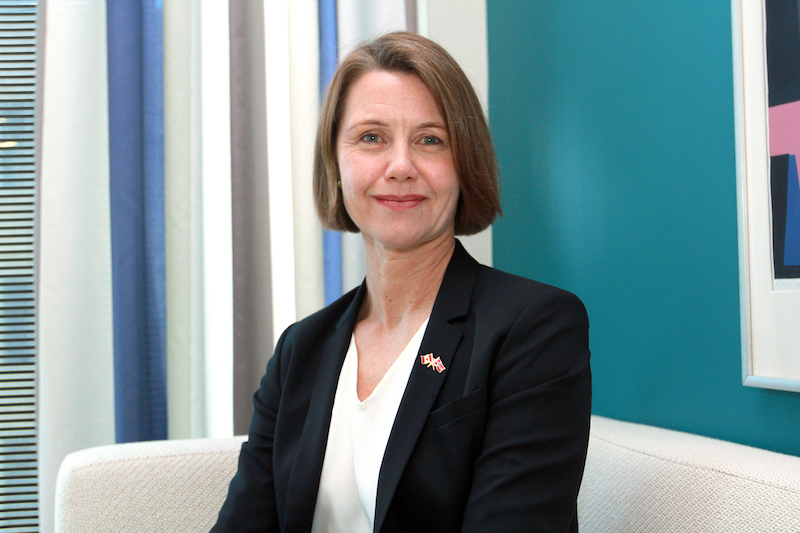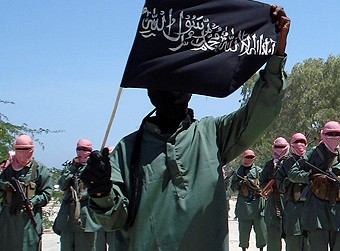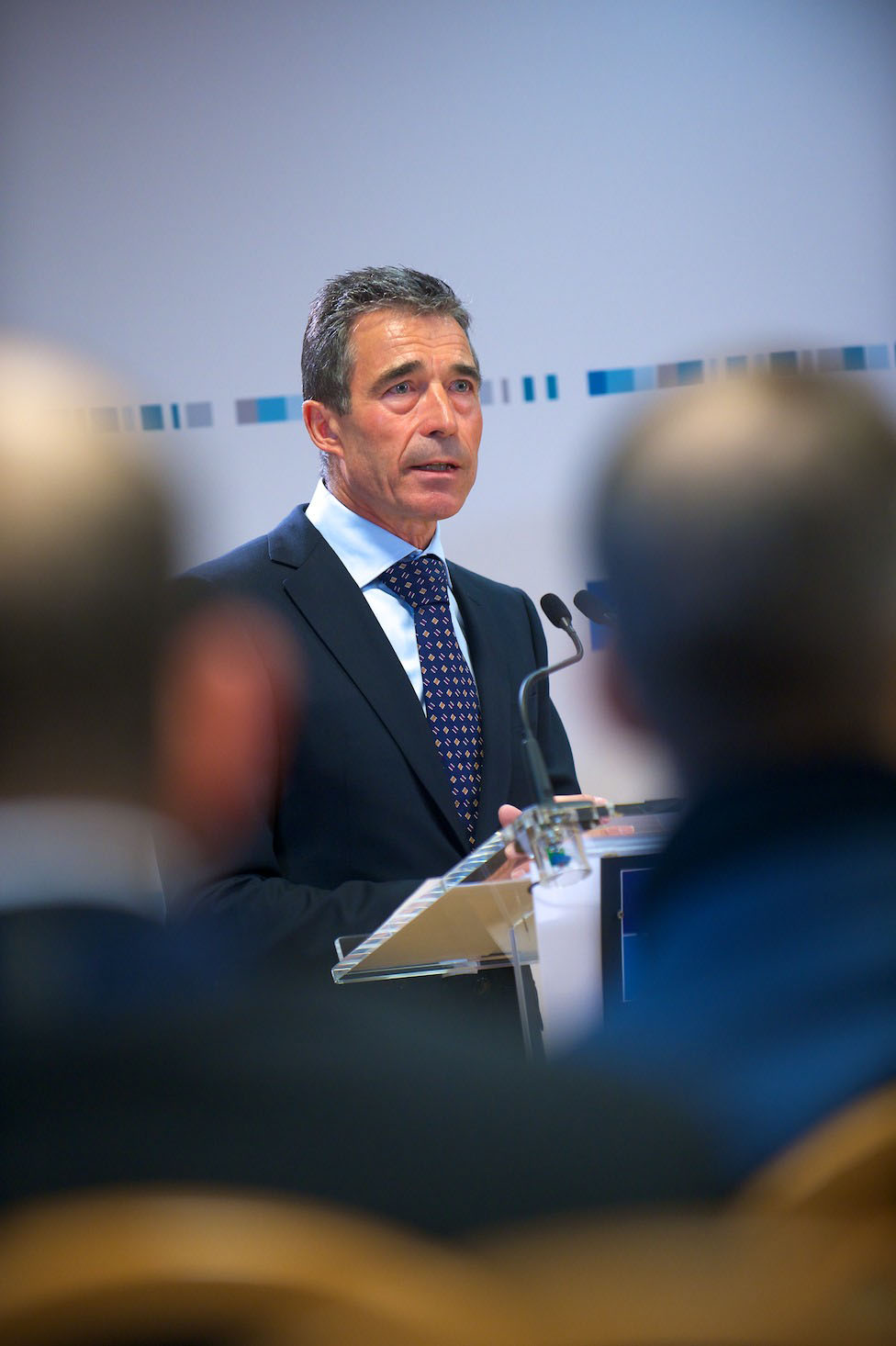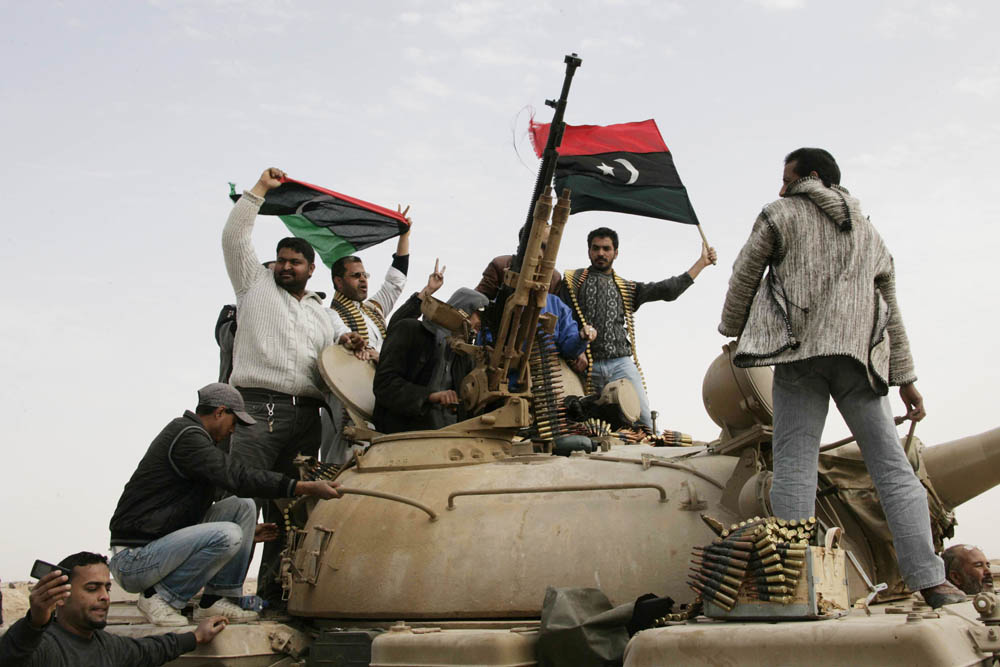H.E. Anne Kari Hansen Ovind, Norway’s Ambassador to Canada, is like other Ambassadors in that she is multilingual, highly-educated, and an expert on issues of importance to her native country. She is unique, however, in that she is an accomplished sportswoman, “I’ve always believed in the ability to build connections through sport. I always look for opportunities to practice my favorite sport activities when I am abroad and Ottawa is perfect for skating and cross-country skiing.” Just last year, she completed the 51-km Gatineau Loppet ski race.
After obtaining her Master’s degree in European economic integration at the College of Europe, one of her three Masters, diplomacy with a specific focus on European affairs seemed a natural path for her. “I have been working on different portfolios since 1993, but specifically on European economic integration. I’ve also been working on managing natural resources through international cooperation, such as bilateral fisheries agreements.” She officially joined the Norwegian Ministry of Foreign Affairs as a diplomat in 1996.
Her professional background is varied. In addition to working in security policy and geographic agreements, she managed a conference on Climate Change and Technology in 2009, hosted by then Prime Minister Jens Stoltenberg, in the Norwegian city of Bergen. “It focused on how through carbon capture and storage, we can contribute to emission reductions goals. Canada and Norway are actively developing this technology.” She emphasizes that Norway is implementing a wide range of measures to incorporate a climate change directive in its economic and social development policies.
In terms of foreign policy, most of her time was spent working on security matters, including NATO, bilateral relations with Russia and Arctic affairs. Norway is a relatively small nation of just over 5 million people, but it remains one of the world’s most innovative and successful societies. With an open economy and an abundance of natural resources, its population enjoys a high level of social equality and educational attainment.
Canada and Norway both share an interest in responsible resource management and sustainable development in the Arctic. Both are members of the Arctic Council, the only intergovernmental forum which over the 20 years of its existence has proven instrumental in finding common solutions to regional challenges. The Ambassador stresses that the Council – firmly supported by member states and observer countries – is a major contributor to continued stability in the Arctic. It is both innovative and adaptable, reflecting the increasing interest in the Arctic internationally. Earlier in her career, she led the Section for the High North, Polar Affairs and Resources in the Norwegian Ministry of Foreign Affairs. The Arctic is a top priority in Norway’s foreign policy and to put the significance of the North into perspective, she mentions that the ocean is the very foundation of Norway’s economy and as much as 80% of Norway’s sea area is north of the Arctic Circle.
“We have seen how the Arctic states have cooperated in many fields, including the environment, climate change, oil spill preparedness and search and rescue. During the Canadian chairmanship, the Arctic Economic Council was established to engage businesses in the North. Now we are working on how we can collaborate on further scientific research.”
She also underscores the role of the indigenous peoples in the Arctic Council in that the Indigenous peoples’ organizations have been granted Permanent Participants status in the Council. “This represents a unique feature of the Arctic Council, and the indigenous peoples’ representatives make valuable contributions to the Council’s activities in all areas. Traditional and local knowledge are important aspects in many areas of the Council’s work.” She stresses that the Arctic is a region of stability and peaceful cooperation, and the overall goal for Norway’s Arctic policy is to make sure it stays this way.
Like many Baltic and Nordic nations, Norway is keeping its guard up amid the rise in Russian activity in the North. I ask her about how Norway is approaching this relationship with Russia at such a time. She responds, “we have seen that Russia is stepping up its military activity in the North. While we do not see Russia as a military threat to Norway, we are concerned about the combination of military modernization and a proven will to exert influence through military power. Keeping a close eye on the developments in the High North is a key priority.”
She tells me that Norway seeks a “good practical cooperation and a constructive dialogue” with Russia where possible, “this is particularly important in the North in areas such as management of fishery stocks, search and rescue, nuclear safety, coast guard cooperation, environmental cooperation, and people-to-people contact.”
“In response to the annexation of Crimea and Russia’s assertive behavior in Ukraine, Norway has, with Canada, the EU and other allies, implemented restrictive measures against Russia; we have also suspended military cooperation. It is of utmost important that we are standing firm in defence of international law.”
“We need to keep collaboration, engagement and dialogue in areas where we have a common interest, but we also need a policy where we are predictable and firm,” she stresses.
Norway, like Canada and most other countries of the West, sees NATO as a cornerstone of its security policy. “We are contributing to reassurance efforts in the East. We are also collaborating on joint exercises. Norway hosted the Cold Response exercise last year which drew participation from the Canadian side. Norway will also be hosting NATO’s high-visibility exercise in 2018. We hope that Canada will contribute.”
In terms of her advice to would-be diplomats, the Ambassador offers her wisdom, “today any foreign service needs a variety of competencies and backgrounds, especially language skills. They need people with legal, economic, and historical backgrounds. Prepare yourself in a field where you are interested and build on that competence. You also need to be truly interested in how international relations and international collaboration can help bring the world forward.”
Her message to Canadians? “2017 is an exciting year to be in Canada, especially with your 150th anniversary. This year we are also marking 75 years of formal diplomatic relations between Canada and Norway. We have much to celebrate as long standing partners, friends, and allies. Our contact goes back more than 1000 years. We’re indispensable partners in our common values, priorities, and global efforts for peace and security.”
Disclaimer: Any views or opinions expressed in articles are solely those of the authors and do not necessarily represent the views of the NATO Association of Canada.




